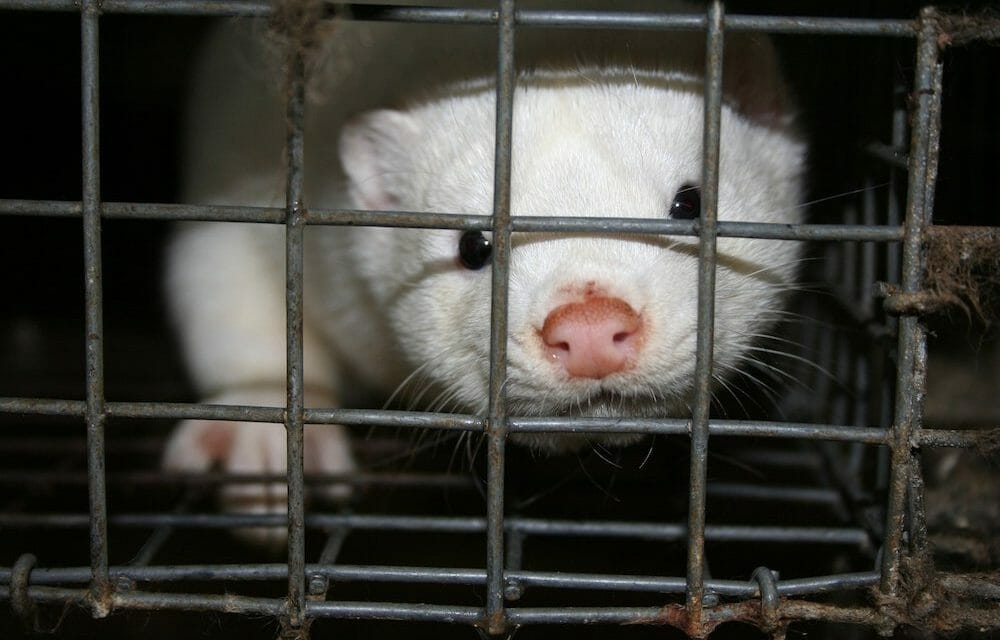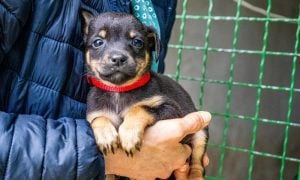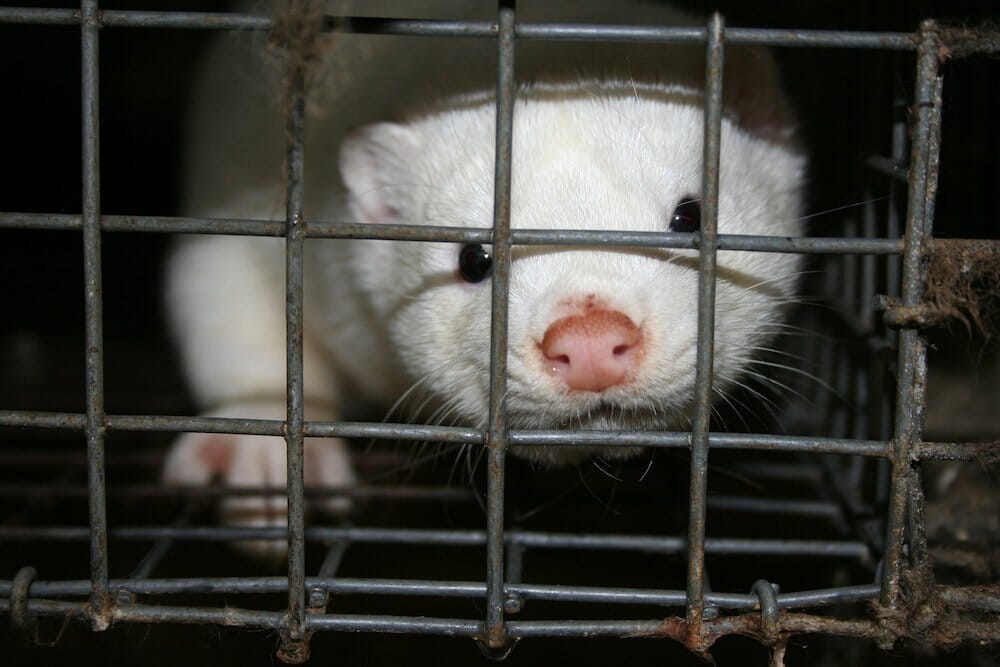British Columbia has announced plans to completely phase out mink farming by 2025 due to “ongoing public health risks associated with COVID-19,” according to IPolitics.
The decision follows the recommendations of public health officials and infectious disease experts about managing the threat the virus poses to mink farmworkers and the broader public, said BC Agriculture Minister Lana Popham.
The SARS-CoV-2 virus, which causes COVID-19, has the potential to mutate in mink and then infect humans, the BC Centre for Disease Control said. Such mutations also could compromise the effectiveness of existing COVID-19 vaccines for people.
The 3-stage phaseout will start with a permanent ban on mink breeding. Then, by April 2023, no live mink will be allowed on the province’s nine operating farms. By 2025, all mink farming operations will cease completely and producers will need to have sold all remaining pelts, officials said.
During the transition period, government health officials will work to ensure that all necessary biosecurity measures are in place to protect workers and families and to reduce the risk of spreading the virus through human-to-animal or animal-to-human transmission.
The government will support mink farmers and farmworkers to help them move into new agricultural jobs or to other trades or careers. Farmers will also be eligible for benefits through existing government-funded income-protection programs, according to the government’s announcement.
The severe animal cruelty and ever-present public health risks are clear evidence of why the horrifying fur farming industry must end. The United States has had at least 16 known outbreaks of COVID-19 on mink farms since the pandemic started, and it’s time for the country to follow in British Columbia’s footsteps.
If you haven’t yet, sign Lady Freethinker’s petition urging U.S. Secretary of Agriculture Sonny Perdue to push for a nationwide ban on fur farming to protect innocent animals and decrease the chances of another deadly global pandemic.








